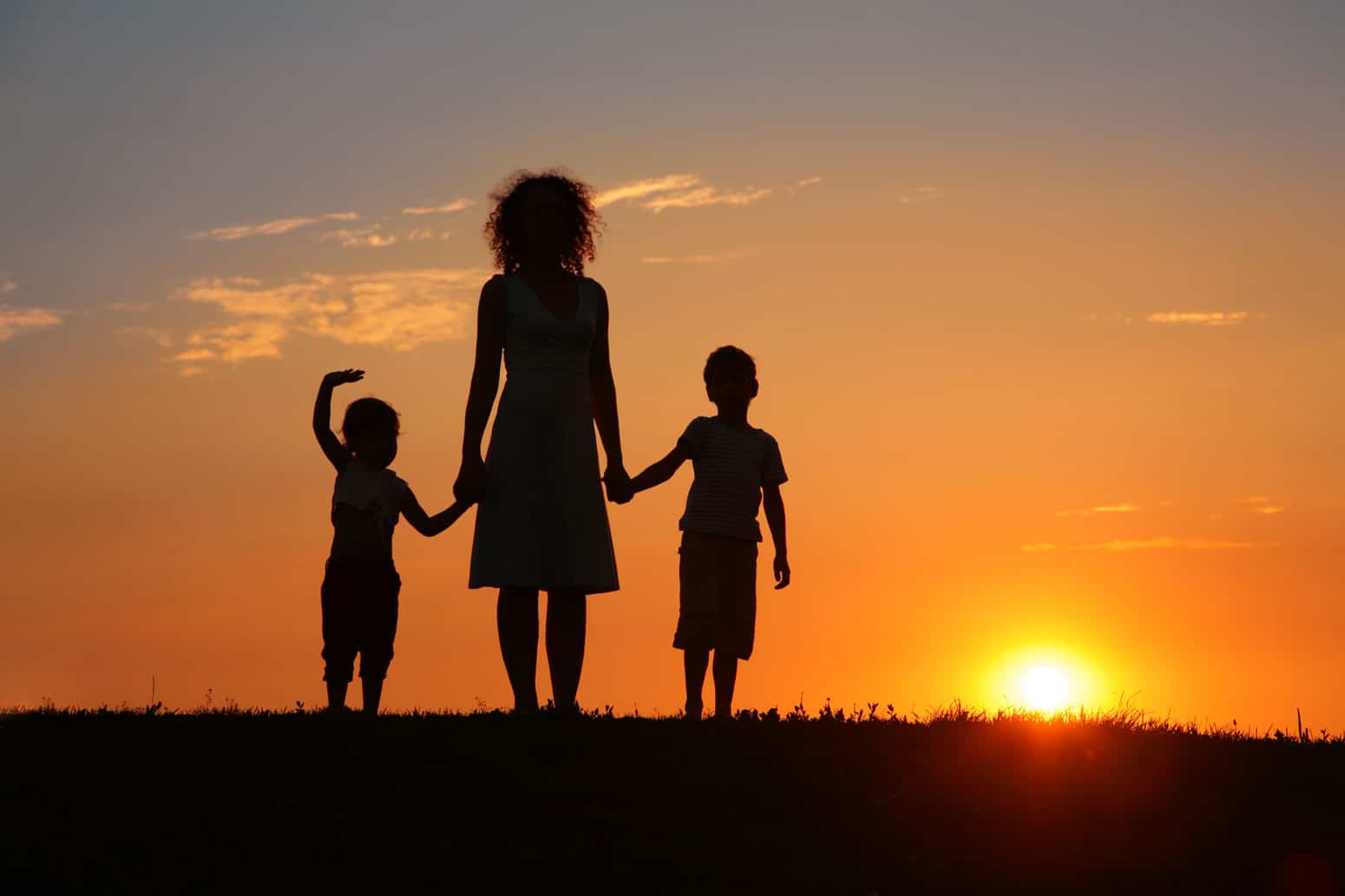It can be hard to forgive sometimes, especially when the hurt is great or when the offender doesn’t even say they are sorry. But there is a power that comes in being able to forgive, even when we never get an apology.
Most of us are taught to apologize from a young age. We bite a sibling, pull the cat’s tail, or push down a classmate, and some well-meaning adult intervenes and tells us, “Now, say you’re sorry.” Half-hearted apologies ensue along with forced hugs and all is right in the world. But something changes as we age. Apologies are harder to come by and pain cuts deeper than a tug on the tail of the family pet.
What are you supposed to do when someone intentionally hurts you, rips your heart wide open, and then leaves you to pick up the pieces?
They move on with their lives, with no well-meaning adult to come along and demand they apologize.
From our playground lessons, we’ve been conditioned that forgiveness follows an apology. But things change and people forget how to apologize. Our pain becomes “our problem.” We’re wrong for being hurt, and the result can leave us bitter.
What are you supposed to do when someone intentionally hurts you, rips your heart wide open, and then leaves you to pick up the pieces?
When pain remains unforgiven, the matter is, in essence, unresolved in our hearts. We wait for an apology in order to have closure. Wait long enough and our hearts become like understaffed, over-taxed hospitals. All the beds are full but no one can be discharged.
I lived years of my life this way.
My dad left our family when I was in elementary school. The pain caused by his abandonment ran deep. I couldn’t wrap my head around the fact that someone I loved could hurt me so badly when I didn’t do anything to deserve it. Then, as I got older, I couldn’t wrap my head around the fact that someone I loved could hurt me so badly and not care.
 That ate away at my heart for years. The hurt remained unresolved as I waited for this man to return to my life and apologize for wrecking it. I thought my anger was my power. My ability to never forget was going to ensure I would never get hurt again. It was how I protected my heart.
That ate away at my heart for years. The hurt remained unresolved as I waited for this man to return to my life and apologize for wrecking it. I thought my anger was my power. My ability to never forget was going to ensure I would never get hurt again. It was how I protected my heart.
That anger bled over into my other relationships. I became angry in general, always blaming it on my dad. If he would just admit he was wrong, my life would be better.
Perhaps you have a pain like that in your life. An assault in college, a friend who betrayed your trust, a drunk driver who took your family member, a family member who hurt you but has since passed on. They cut you deep but have never once breathed an apology. You might feel you have a right to still be angry. You have a right to hold a grudge.
It might feel like strength to withhold forgiveness, but what if I told you it’s actually not?
Bitterness is an enemy of strength. You cannot be strong and move forward with your life while still dragging around an anvil of pain from your past. Bitterness, anger, and unresolved hurt actually weaken you. They keep you held down.
What they don’t teach you as a kid is that forgiveness is more for you than it is for the other person. Forgiveness is not, “I am OK with what you did.” It isn’t even, “I accept your apology.” It is, “I am not going to hold this against you anymore.”
It took me years, maybe decades, to reach this point with my father. I realized he was never going to say he was sorry, and I had a choice. I could live my life angry, feeling abandoned and unloved, or I could recognize that this was entirely his fault and leave him to live with that.
As it so happened, a couple of years later, he did show up. I had the chance to tell him I forgave him, and even still, he didn’t apologize or acknowledge that he was in the wrong. But I was able to walk forward in strength. My strength is not dependent on another person’s apology and neither is yours.
My strength is not dependent on another person’s apology and neither is yours.
The point of forgiveness and apologies is ultimately reconciliation. An apology is extended on behalf of the person who committed the hurt. Forgiveness is extended by the person who was hurt. Forgiveness doesn’t free the other person; it frees you. This means you can forgive, and bring closure to a hurt, even if the other person never reaches out in apology. If you find it hard to forgive because the hurt cuts too deep, take time to heal, but remember that anger is not your strength. It takes a lot of grit and heaps of grace, but forgiveness brings strength that enables you to heal and move forward with your life without constantly waiting for an apology that may never come.
—
Don’t miss these popular articles:
This Is How to Avoid Stagnation and Get More out of Life
Why I Share My Story of Healing After Domestic Abuse
10 Behaviors Found in the Inspired Woman
Overcoming Shame in the Grit and Grace Life
How Self-Awareness Will Make You Successful
Married to the Badge: Not Your Typical Life
How Do I Know What Defines Me?
#gritandgracelife
You’ll love this podcast episode from This Grit and Grace Life: How to Feel Your Emotions in a Healthy Way With Dr. Zoe Shaw – 075














